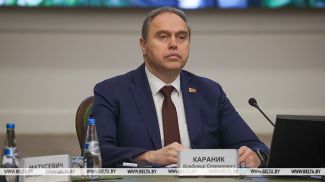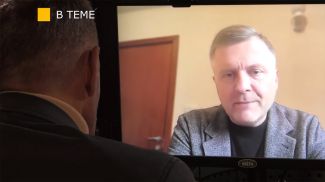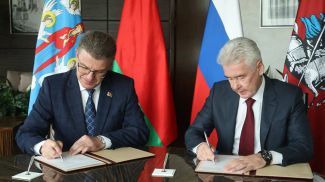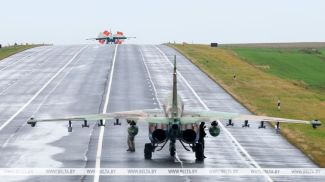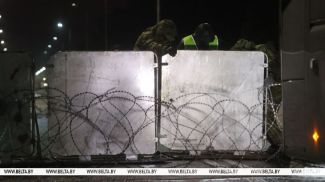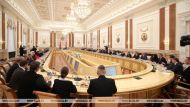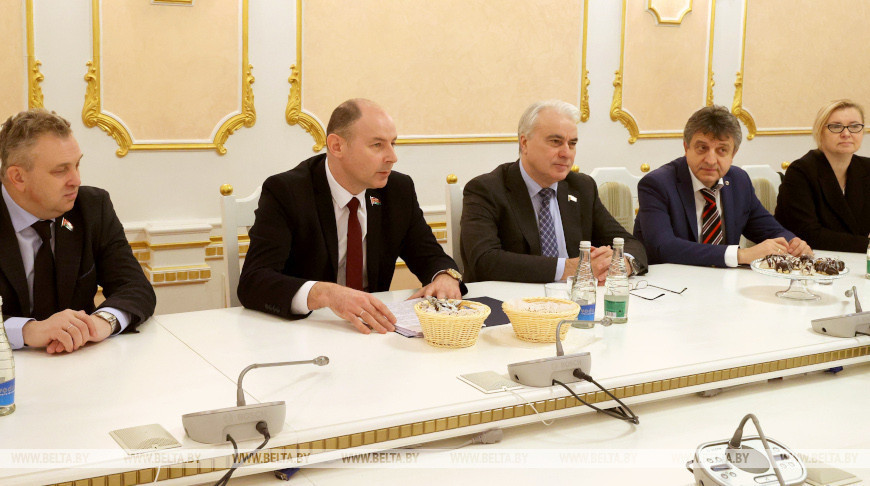
VITEBSK 15 February (BelTA) – The integrated electricity market and the prospects for cooperation between Belarus and Russia in the energy sector were high on the agenda of a meeting of the Commission on Energy of the Parliamentary Assembly of the Union State of Belarus and Russia in Vitebsk on 14 February, BelTA has learned.
"We discussed the current status of the integrated electricity and gas market, the prospects for cooperation and what needs to be done to achieve the final result," Pavel Zavalny, Deputy Chairman of the PA Commission on Energy, Chairman of the Committee on Energy of the State Duma of Russia, told reporters after the meeting.
He noted that the 2023 roadmap will be drawn up in February. The plan will spell out action for every quarter and the MPs of the Union State will hold meetings to review progress in Russia and Belarus. The next meeting will be held in Moscow in June and in Minsk in September. At the summer session the Commission on Energy will focus on cooperation in nuclear energy and nuclear technologies. VDNKh is proposed as the venue where Rosatom is showcasing its developments and projects. "In the light of the decisions taken at the highest level, we should map out a program of cooperation in the nuclear industry for 2024-2026. All these issues are interrelated," Pavel Zavalny stressed.
Another promising area of cooperation, which will be discussed in the autumn, is the manufacture of gas fuel and equipment running on compressed or liquefied natural gas (LNG). "This area of cooperation has a very good future. It is the replacement of liquid fuel with gas in any form. It yields an immediate significant effect as it improves the economics of transport companies. In agriculture, for example, fuel accounts for a lion’s share of expenses in the production of feed. It is used in soil tillage, planting and harvesting. Moreover, halving the cost of fuel dramatically improves the economics of agricultural production. But we do not produce tractors that run on LNG, only on diesel, which is expensive," Pavel Zavalny pointed out.
Thus there is a need to launch the production of special-purpose vehicles and farm machines that could use LNG. "This issue is now being actively explored in Russia. This year, a new concept for the use of compressed gas and LNG will be adopted, and then there will be a corresponding roadmap," Pavel Zavalny said.
He added that the Russian federal budget would provide subsidies for the construction of gas stations and the production of related equipment. "We would like our Belarusian colleagues to pitch in. It is very economically feasible, environmentally responsible and, most importantly, profitable and promising. In fact, LNG is a transition fuel towards hydrogen energy," Pavel Zavalny said.
Work is underway to replace imports, including in the interests of Belarusian agricultural engineering manufacturers. This is a big niche where, as the MP believes, Russia and Belarus share interests.





